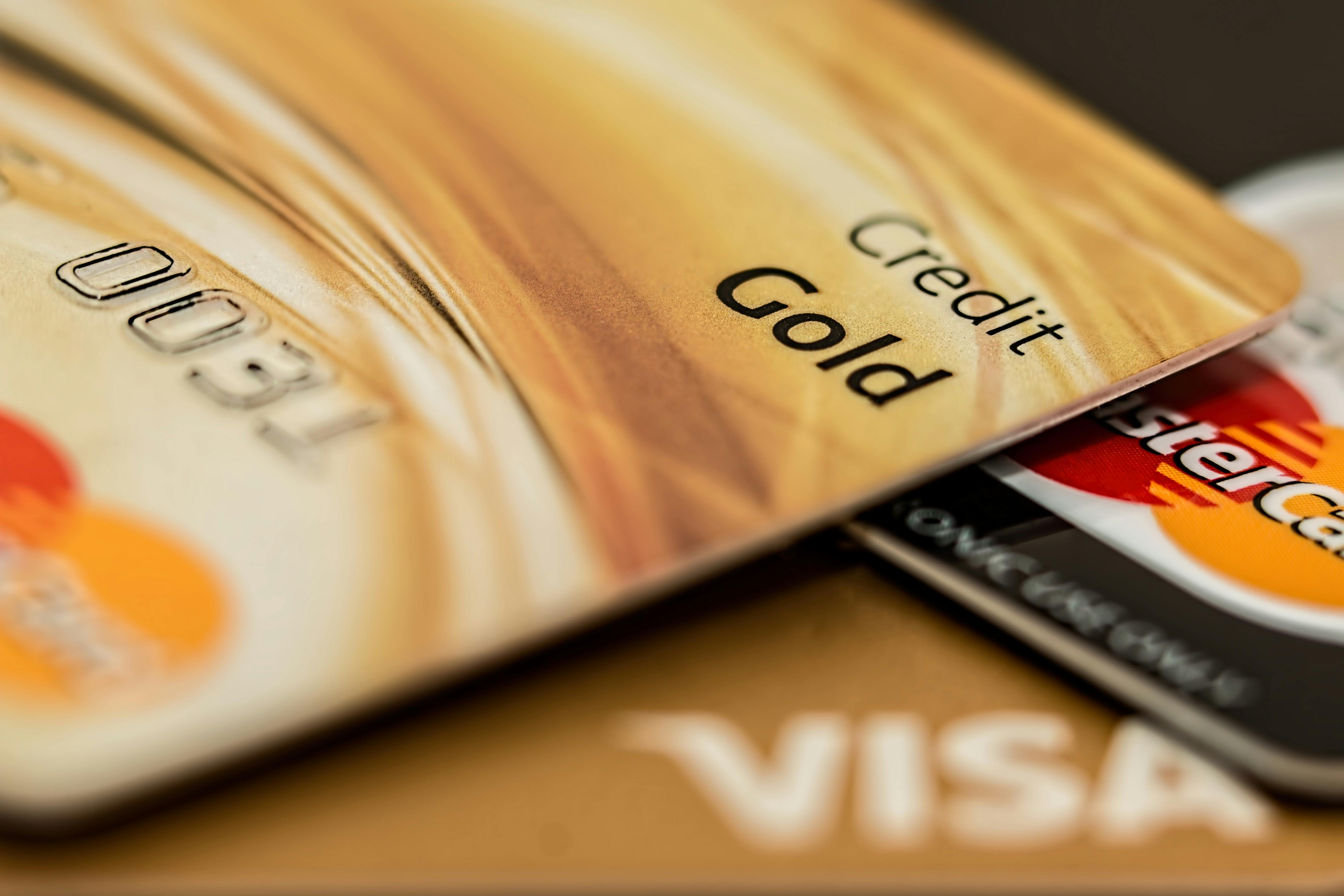Debt is something that most people will face at some point in their lives. Whether it’s a student loan, credit card balance, or mortgage, managing debt is a common financial responsibility. However, the way you handle debt can have a significant impact on your credit score, which in turn affects your ability to borrow money, get a mortgage, or even rent an apartment.
In this blog, we’ll break down what a credit score is, how debt impacts your score, and simple strategies to improve your credit while managing debt. We’ll keep it simple so you can understand how to keep your credit in good shape and avoid common pitfalls.
1. What is a Credit Score?
Before diving into how debt affects your credit score, it’s important to understand what a credit score is. Your credit score is a three-digit number that represents your creditworthiness. Lenders use it to assess the risk of lending you money. It’s calculated based on several factors including your payment history, the amount of debt you have, and the length of your credit history.
Credit scores typically range from 300 to 850. The higher your score, the better your creditworthiness. Here’s a general breakdown of what credit score ranges mean:
- 300-579: Poor credit
- 580-669: Fair credit
- 670-739: Good credit
- 740-799: Very good credit
- 800-850: Excellent credit
Having a good or excellent credit score can save you money in the long run by qualifying you for lower interest rates and better loan terms.
2. How Debt Impacts Your Credit Score
Debt plays a major role in determining your credit score. The way you manage your debt, whether it’s paying off balances or accumulating more, will affect your score in various ways. Let’s break down how different aspects of debt can impact your credit score.
1. Payment History (35% of your score)
The largest factor influencing your credit score is your payment history. If you make on-time payments on your loans and credit cards, it will positively impact your score. On the other hand, missed or late payments will lower your score.
For example, if you consistently miss payments on a credit card, your credit score could drop significantly. Even one missed payment can have a negative effect, but the impact increases with each additional late or missed payment.
Tip: Set up automatic payments or reminders to ensure you don’t miss due dates.
2. Amount of Debt (30% of your score)
The amount of debt you owe is another significant factor in your credit score. This is often measured by your credit utilization ratio, which is the percentage of your available credit that you’re currently using.
For instance, if you have a credit card limit of $10,000 and your balance is $4,000, your credit utilization ratio is 40%. Ideally, you want to keep your utilization below 30% to maintain a healthy credit score.
High credit card balances can negatively impact your score even if you’re making on-time payments. Lenders view high utilization as a sign that you might be overextending yourself financially.
Tip: Try to pay off credit card balances in full each month or keep them as low as possible.
3. Length of Credit History (15% of your score)
The length of time you’ve had credit also affects your score. A longer credit history shows that you have more experience managing credit, which can boost your score. If you’ve had credit cards or loans for many years and maintained good standing, this will positively impact your score.
Newer accounts or short credit histories don’t help as much. However, even if you have only had credit for a short time, making on-time payments and keeping debt low will help improve your score over time.
Tip: Avoid closing old credit accounts, even if you’re not using them, as it could reduce the average age of your credit history.
4. Types of Debt (10% of your score)
Having a mix of different types of credit, such as credit cards, student loans, and a mortgage, can positively affect your credit score. Lenders like to see that you can manage different types of debt responsibly.
For example, if you only have credit card debt and no other types of loans, your score may not be as high as someone who has both a credit card and a car loan that they are managing well.
Tip: While it’s not necessary to take on debt just to improve your score, having a healthy mix of credit accounts can be beneficial.
5. New Credit Applications (10% of your score)
Every time you apply for new credit, it results in a hard inquiry on your credit report. Too many hard inquiries in a short period can lower your score, as it signals that you may be trying to take on too much debt too quickly.
For example, if you apply for several credit cards or loans within a few months, it could have a negative impact on your score, even if you’re approved for them.
Tip: Only apply for credit when necessary, and avoid multiple applications in a short time.
3. Strategies to Manage Debt and Improve Your Credit Score
Managing debt effectively is key to maintaining a good credit score. Here are some simple strategies to help you keep your debt under control and improve your credit score over time.
1. Create a Budget and Stick to It
A budget is one of the most effective ways to manage debt. By tracking your income and expenses, you can allocate more money towards paying off high-interest debts, such as credit cards. Sticking to a budget also prevents you from taking on more debt than you can handle.
Tip: Use budgeting apps or tools to make it easier to monitor your spending and debt repayment.
2. Pay More Than the Minimum Payment
When paying off credit card debt, aim to pay more than the minimum payment each month. Minimum payments often only cover the interest, leaving the principal amount (the actual debt) largely untouched. By paying more, you’ll reduce the total debt faster and pay less in interest.
Tip: Consider setting up automatic payments for an amount higher than the minimum to ensure you’re consistently paying down your debt.
3. Consolidate High-Interest Debt
If you have multiple high-interest debts, such as credit cards or payday loans, consider consolidating them into a single loan with a lower interest rate. Debt consolidation can simplify your payments and potentially reduce the amount of interest you pay over time.
Tip: Be cautious when consolidating debt, and make sure the new loan has better terms than your existing debts.
4. Use the Debt Snowball or Debt Avalanche Method
Two popular methods for paying off debt are the debt snowball and debt avalanche methods.
- Debt Snowball: Focus on paying off your smallest debt first while making minimum payments on the rest. Once the smallest debt is paid off, move on to the next smallest. This method can provide psychological motivation as you see debts disappearing quickly.
- Debt Avalanche: Focus on paying off your debt with the highest interest rate first while making minimum payments on the others. This method can save you the most money in interest over time.
Tip: Choose the method that works best for your personality and financial situation.
4. Final Thoughts: The Link Between Debt and Your Credit Score
Debt and credit scores are closely intertwined. While debt itself isn’t inherently bad, how you manage it can either boost or lower your credit score. By making on-time payments, keeping balances low, and using credit responsibly, you can maintain a healthy credit score and avoid the negative impacts of debt.
Remember, improving your credit score takes time, but with smart debt management and consistent effort, you can achieve financial stability and build a strong credit profile.



[…] High credit utilization can negatively impact your score. Aim to keep your credit card balances below 30% of your credit limit. If possible, pay off your balances in full each month. If you have high balances, create a plan to pay them down over time. […]